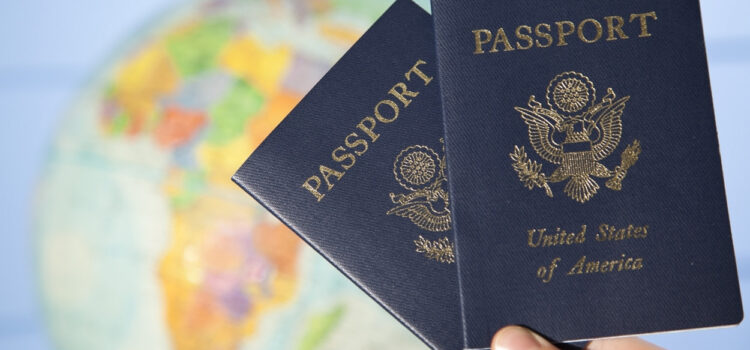A few weeks ago, we received some tragic news about an American lady traveler. She had traveled solo to South Africa and spent an incredible week there. But while waiting at the Cape Town airport for her return flight home, she passed away in the passenger seating area (it’s believed she suffered a blood clot). Her daughters had to scramble to coordinate logistics with the US Embassy and raise the $10,000+ needed to ship her body back to the USA, all while grieving their unexpected loss. Travel insurance would have saved them from this sudden financial burden.
Travel insurance can be a life saver in the event of injuries or deaths abroad. US Medicare and Medicaid do not cover medical costs abroad and neither do most private health insurers. And unlike hospitals in the USA and some other Western countries, most hospitals in Africa do not offer free emergency medical services. So if you’re sick or injured, you must pay an advance deposit or present acceptable insurance in order to receive medical care. In the absence of either, you will not be treated.
Additionally, some hospitals don’t have adequate facilities to treat serious injuries or medical conditions, so you may need to be evacuated to another city or country for appropriate care. These medical evacuations can cost anywhere from $10,000 to $50,000+, depending on the distance and level of care required. And once again, pre-payment of the entire fee or acceptable insurance is required. When precious time counts, you want the security of comprehensive travel insurance.
Types of Coverage
There are different types of travel insurance policies. Single trip policies cover one trip for a specified time period. Annual policies cover multiple trips within a 12-month period and are best suited for frequent travelers. Some policies include medical treatment only. Others include coverage for medical treatment, as well as trip delay or cancellation, baggage loss or delay, and accidental death or dismemberment. Ultimately, you’ll have to decide which risks you’re willing to bear. But at a minimum, we recommend the following coverages:
- Medical care and treatment: this covers your medical costs if you become ill or injured while traveling.
- Emergency medical evacuation: this provides coverage for services like air evacuation and medical transportation to the nearest adequate medical facility or home, if warranted.
- Repatriation of remains: this covers transportation of your body back home if you pass away during travel.
Watch The Fine Print
Be sure to pay attention to the policy exclusions, coverage limitations and fine print. If you have a pre-existing condition, you’ll want to buy a broad policy that covers it, as most policies exclude known medical conditions. Similarly, if you plan to engage in adventure activities like scuba diving or bungee jumping, make sure your policy covers those activities as some policies specifically exclude them. If your trip is long-term, make sure your policy will cover you for the entire trip period, as most policies limit coverage to 30 to 60 days. And lastly, verify whether the travel insurance pays first or whether you have to pay first and later file a claim for reimbursement.
Cost
A number of variables factor into the cost of travel insurance, including trip length, trip cost, age of the traveler(s), destination, and types of coverage. A medical-only policy will typically be cheaper than a comprehensive policy with cancel for any reason and/or lost baggage coverage, or one that covers adventure activities. On average, travel insurance costs around 5% to 10% of the total trip cost, so you should expect to pay $250 to $500 for a trip costing $5,000. If you take two or more trips per year, an annual policy will typically be cheaper than separate policies.
The bottom line is that travel insurance can protect you from unforeseen expenses abroad and it’s a small expense for your peace of mind. Below are several Top-rated companies that we recommend.
* Disclosure: This post contains affiliate links and we may get a commission if you decide to make a purchase, at no extra cost to you.



Comment (0)